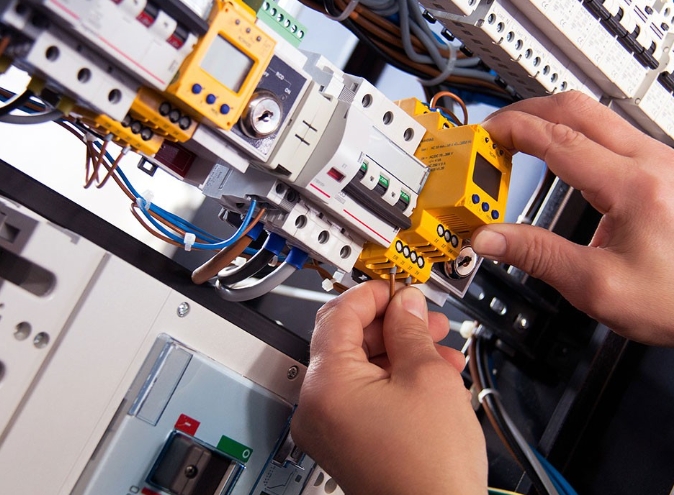In the vast realm of electronic components, one stands out as the unsung hero, silently enabling the functioning of countless devices. This article aims to shed light on the most commonly used electronic component - the resistor. From its fundamental principles to its diverse applications across various industries, we will explore the significance and indispensability of this tiny yet mighty component.
- The Basics of Resistors:
Resistors are passive electronic components designed to impede the flow of electric current. They are characterized by their resistance, measured in ohms (Ω). Resistors are typically made of materials with high resistivity, such as carbon or metal alloys, and come in various shapes and sizes. - Role in Circuit Design:
Resistors play a pivotal role in circuit design, serving multiple purposes:
a. Current Limitation: By offering resistance, resistors control the amount of current flowing through a circuit, preventing damage to sensitive components.
b. Voltage Division: Resistors are used in voltage dividers to obtain specific voltage levels required for different components within a circuit.
c. Signal Conditioning: In electronic systems, resistors are employed to modify signal levels, impedance matching, and filtering, ensuring optimal performance.
- Applications in Electronics:
The versatility of resistors makes them indispensable in numerous electronic applications:
a. Consumer Electronics: From smartphones and laptops to televisions and gaming consoles, resistors are present in almost every consumer electronic device, regulating power consumption and ensuring stable operation.
b. Automotive Industry: In modern vehicles, resistors are used in engine control units, lighting systems, and sensors, contributing to fuel efficiency, safety, and overall performance.
c. Telecommunications: Resistors find extensive use in telecommunications equipment, including routers, modems, and telecommunication towers, ensuring reliable signal transmission and reception.
d. Medical Devices: In medical devices such as pacemakers, defibrillators, and diagnostic equipment, resistors play a crucial role in precision control, signal amplification, and patient safety.
e. Aerospace and Defense: Resistors are vital components in aerospace and defense systems, including aircraft avionics, radar systems, and missile guidance, where reliability and durability are paramount.
- Advancements and Future Trends:
As technology advances, resistors continue to evolve, catering to the ever-increasing demands of modern electronics. Some notable advancements include:
a. Surface Mount Technology (SMT): SMT resistors, smaller in size and suitable for automated assembly, have replaced traditional through-hole resistors, enabling miniaturization and improved manufacturing efficiency.
b. Thin Film and Thick Film Resistors: These advanced resistor technologies offer enhanced precision, stability, and power handling capabilities, making them ideal for high-performance applications.
c. Integrated Passive Devices (IPDs): IPDs integrate multiple passive components, including resistors, onto a single chip, reducing space requirements and enhancing system integration.
Conclusion:
In the vast landscape of electronic components, the resistor stands as the unsung hero, silently enabling the functionality of countless electronic devices across various industries. Its ability to control current, divide voltage, and condition signals makes it an indispensable component in circuit design. From consumer electronics to aerospace systems, the resistor's presence is ubiquitous. As technology progresses, advancements in resistor technology continue to shape the future of electronics, ensuring improved performance, miniaturization, and integration. So, next time you marvel at the wonders of modern technology, spare a thought for the humble resistor, silently working behind the scenes.


